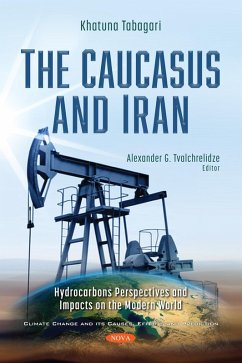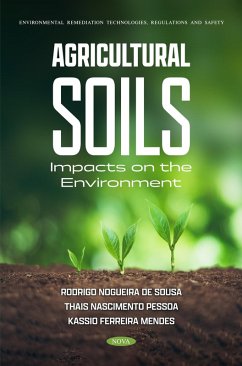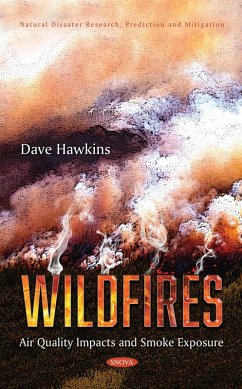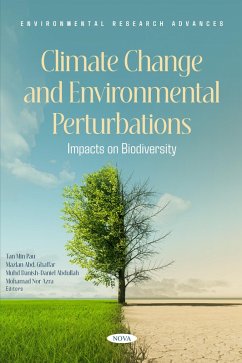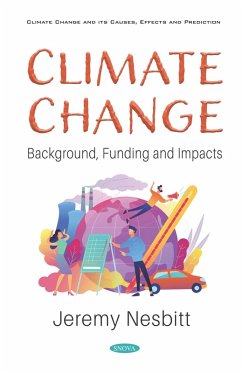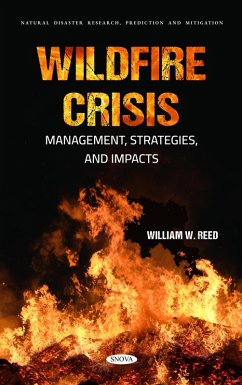The consumption of oil and gas increases annually. In 2019 the share of oil was 33.1% and that of gas - 24.2% in the entire world energy consumption. During the first period of the COVID-19 coronavirus pandemic, oil markets crashed and oil prices were governed by the number of world infection cases; the more people were infected, the less the oil prices were. However, after April 2020 the usual peculiarities started to restore. It is forecasted that, at least until 2040, the share of hydrocarbons in world energy consumption will remain stable, if not increase. Energy security and energy policy of any developed country represents a key issue for sustainable development. Thus, countries with a lack of hydrocarbon resources search for ensured sources of oil and gas. From this point of view, the vulnerable situation is characteristic for the EU, the energy security of which is entirely determined by Russian gas supply. However, the Ukraine-Russia "e;gas wars"e; in 2006 and 2009 have demonstrated that energy supply schedules to Europe should be diversified. From this point of view, neither the Nord Stream Pipeline nor the Southern Gas Corridor will solve the problem, mainly due to the resource deficit in Azerbaijan. In-depth analysis of Iran's economy and political structure demonstrates that: (i) the country's welfare is entirely determined by oil exports; (ii) having the second world rank in gas reserves, Iran is exporting only an insignificant amount of gas; (iii) all attempts of President Rouhani to introduce free market relations in the country and to create hope for a better future failed due to U.S. sanctions; (iv) the latter resulted in just the opposite effect they aimed to achieve: they were unable to reduce oil exports from Iran to zero but, on the contrary, created the shadow oil exports totally controlled by the Revolutionary Guard Corp; (v) the sole possibility to provoke democratic development in Iran and to cancel financing of terroristic organizations via diminishing the role of ecclesiastic leaders is the involvement of the country in international energy transit projects governed by the rule of law. The energy transit projects are unfeasible without the involvement of Georgia, which will become the Eurasian energy hub. This book describes these projects in detail. Implementation of these projects will (i) diminish the role of Russia in the EU energy market; (ii) ensure stability in the South Caucasus region, and (iii) provoke democratic reforms in Iran and this way sustainably increase world stability and security.
Dieser Download kann aus rechtlichen Gründen nur mit Rechnungsadresse in A, B, BG, CY, CZ, D, DK, EW, E, FIN, F, GR, HR, H, IRL, I, LT, L, LR, M, NL, PL, P, R, S, SLO, SK ausgeliefert werden.

